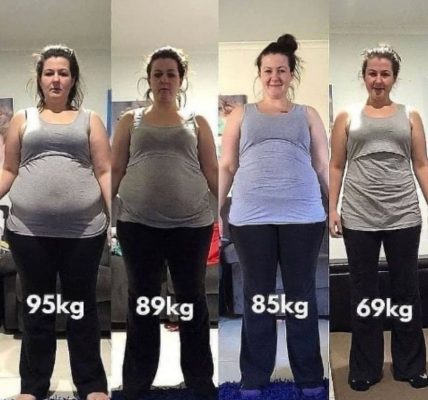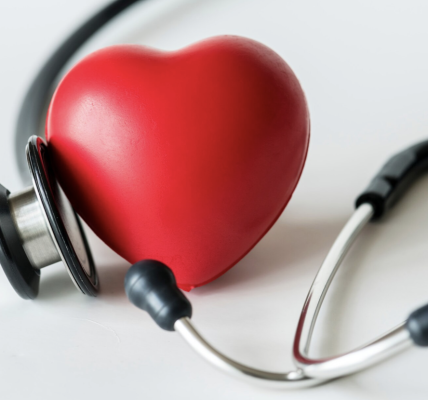Water. It’s the most basic and abundant substance on Earth, yet many of us underestimate its importance for our health. While it’s easy to focus on diet and exercise when discussing wellness, hydration often gets overlooked. However, staying properly hydrated is one of the simplest and most effective ways to improve your physical and mental well-being.
Despite its simplicity, dehydration is a common problem. Studies suggest that a significant percentage of people are walking around in a state of mild to moderate dehydration without even realizing it.
Let’s dive into why water is essential, how dehydration affects your body, and practical tips to stay hydrated every day.
Why Hydration Matters
Water plays a crucial role in nearly every bodily function. It’s not just about quenching your thirst; it’s about keeping your entire body running smoothly. Here’s how proper hydration impacts your health:
- Regulates Body Temperature: Water helps your body maintain a stable temperature through sweating and respiration.
- Supports Digestion: It aids in the breakdown of food, the absorption of nutrients, and the prevention of constipation.
- Flushes Out Toxins: Water is essential for kidney function, helping to remove waste products from your bloodstream.
- Lubricates Joints: Proper hydration keeps your joints lubricated, reducing the risk of injury and joint pain.
- Boosts Skin Health: Hydrated skin looks healthier, feels softer, and is less prone to dryness and irritation.
- Enhances Brain Function: Even mild dehydration can impair concentration, memory, and overall cognitive function.
The Signs and Symptoms of Dehydration
Dehydration isn’t always obvious. While extreme cases can lead to severe complications, mild dehydration can also have a significant impact on how you feel. Here are some common signs:
- Fatigue: Dehydration can cause your energy levels to plummet, leaving you feeling tired and sluggish.
- Headaches: Dehydration is a common trigger for tension headaches and migraines.
- Dry Skin and Lips: If your skin feels dry and your lips are chapped, it might be due to a lack of water.
- Dizziness and Lightheadedness: Dehydration affects your blood pressure, leading to feelings of dizziness.
- Dark Urine: A simple way to gauge your hydration status is by checking the color of your urine. Pale yellow is a sign of good hydration, while dark yellow indicates dehydration.
How Much Water Do You Really Need?
The “8 glasses a day” rule is a common guideline, but hydration needs vary based on factors such as age, weight, activity level, and climate. A more personalized approach involves:
- Listening to Your Body: Thirst is your body’s way of signaling the need for water, so don’t ignore it.
- Considering Activity Levels: If you exercise or sweat a lot, you’ll need more water to replenish what you’ve lost.
- Monitoring Your Urine: Aim for a pale yellow color as a sign of proper hydration.
A general recommendation from health experts is to consume:
- Men: Around 3.7 liters (13 cups) of fluids per day
- Women: Around 2.7 liters (9 cups) of fluids per day
Remember, these numbers include all fluids, not just water. Foods like fruits and vegetables also contribute to your daily hydration.
Practical Tips to Stay Hydrated
- Carry a Reusable Water Bottle: Keeping a bottle with you at all times serves as a reminder to drink throughout the day.
- Infuse Your Water: If plain water feels boring, add slices of lemon, cucumber, mint, or berries for a refreshing twist.
- Set Hydration Goals: Use an app or a simple checklist to track your daily water intake.
- Hydrate Before You’re Thirsty: Thirst is a late indicator of dehydration, so aim to drink water consistently.
- Eat Water-Rich Foods: Foods like watermelon, cucumbers, oranges, and lettuce are high in water content and help keep you hydrated.
- Establish Hydration Habits: Drink a glass of water first thing in the morning and before each meal to build a routine.
The Risks of Chronic Dehydration
While occasional dehydration can be easily corrected, chronic dehydration can lead to more serious health problems, such as:
- Kidney Stones: Dehydration increases the risk of developing painful kidney stones.
- Urinary Tract Infections (UTIs): Insufficient water intake can lead to a higher risk of UTIs.
- Constipation: Water is essential for healthy bowel movements.
- Poor Physical Performance: Dehydration reduces endurance, strength, and overall physical performance.
- Cognitive Decline: Long-term dehydration can impair memory, focus, and mental clarity.
The Bottom Line
Hydration is a simple yet powerful tool for improving your health. By staying properly hydrated, you can boost your energy, enhance your physical performance, and even improve your skin and mood.
Make water a priority in your daily routine. Your body—and mind—will thank you for it.








